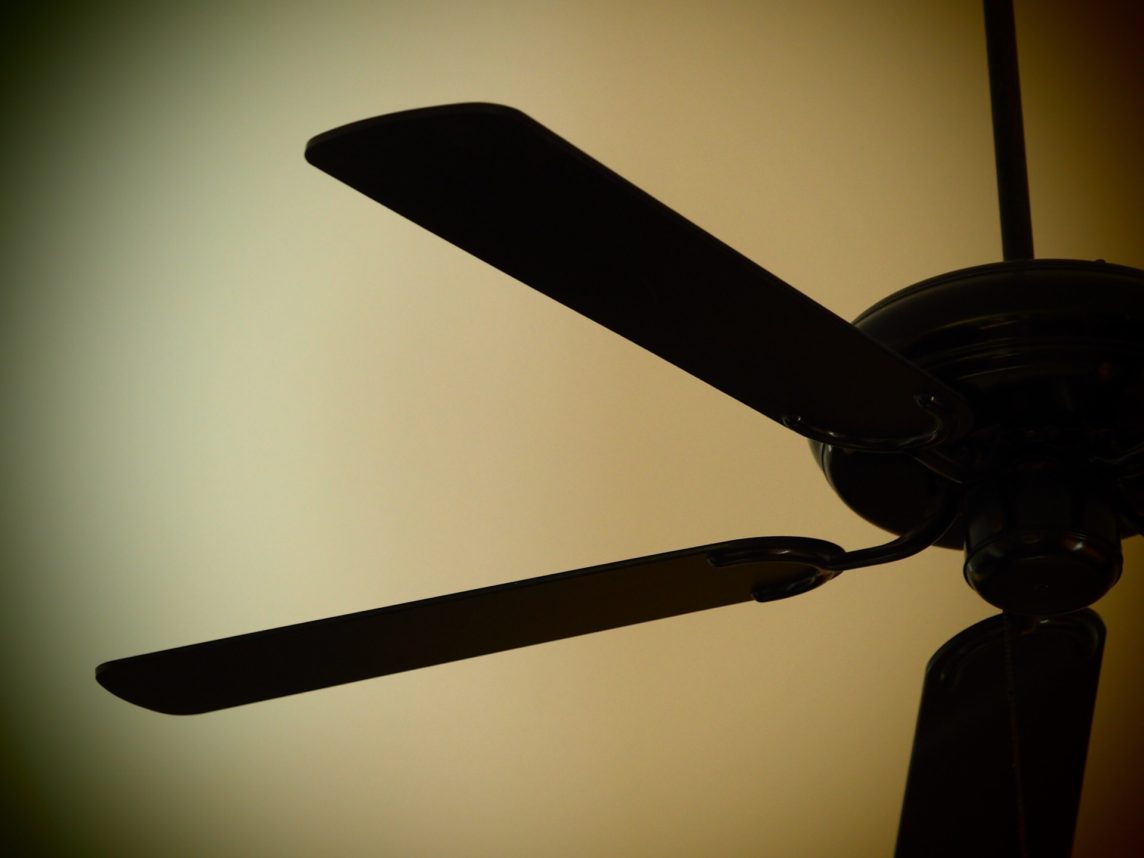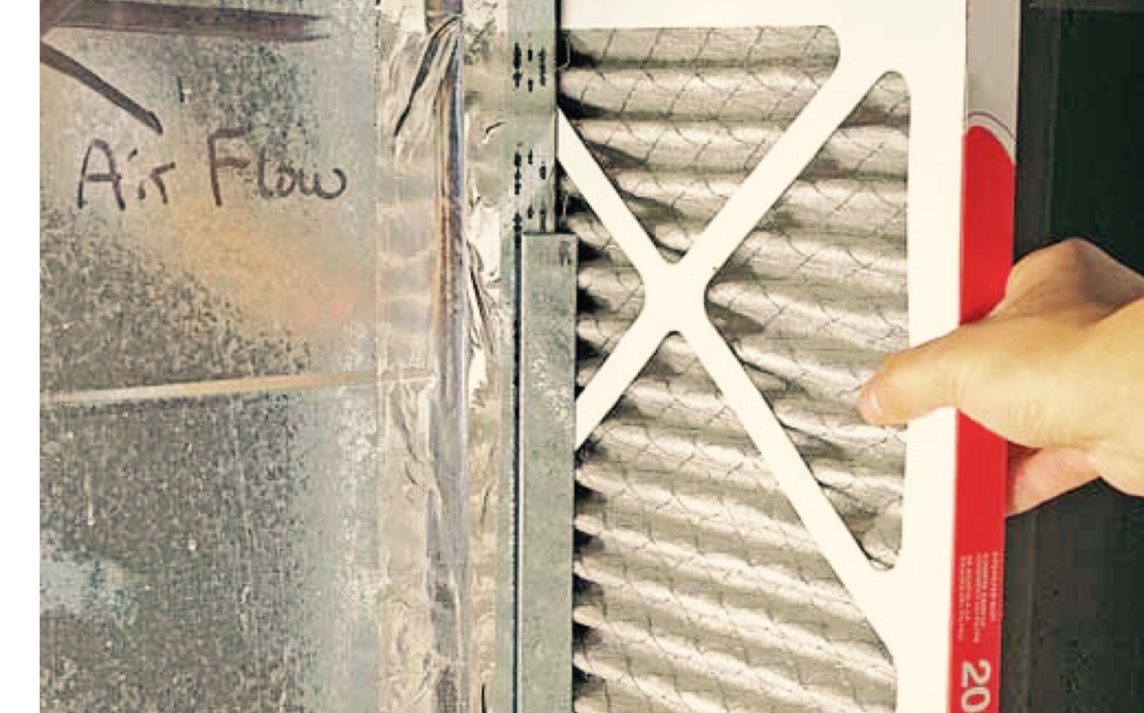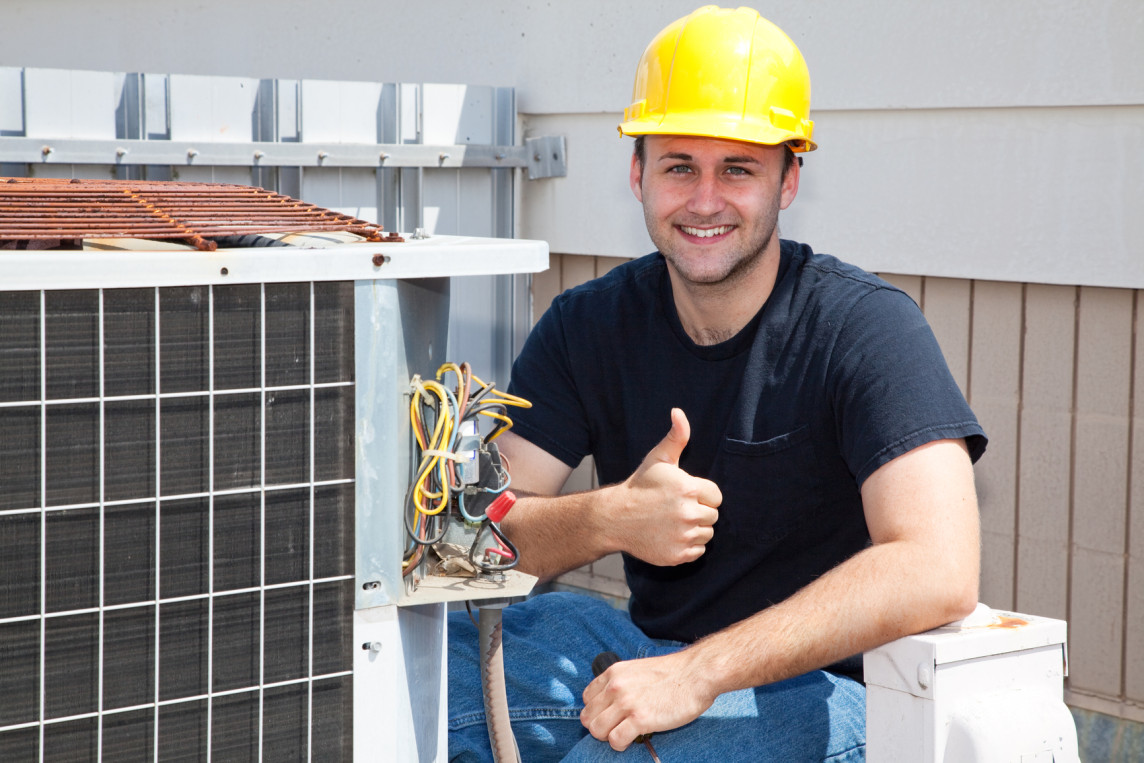Most homeowners don’t think much about their air conditioner until it breaks and in need of an emergency service. That’s why Munro Heating and Air is here for you. We understand that most people aren’t as passionate about air conditioning as we are! Below are some of the most common causes of AC failures and ways to help prevent them:
Common Causes of AC Failure
Forgetting annual maintenance. Annual maintenance is necessary to ensure your air conditioner continues to work properly. During your annual maintenance check your system will be cleaned and inspected allowing problems to be identified and corrected before they happen.
Refrigerant leak. Refrigerant is the “stuff” that your air conditioner uses to remove the heat and humidity from the air in your home or business. If your system develops leaks in the refrigerant lines, you can end up with not enough refrigerant to effectively cool the air and your system may not operate correctly. Refrigerant is harmful to the environment any leak should be repaired and recharged by a licensed technician.
Frozen coil. Your air conditioner’s evaporator coil is filled with refrigerant, and is responsible for absorbing the heat from the air like a sponge. It may sound counter-intuitive, but those coils need warm air circulating around them to work properly. When something goes wrong with the airflow and the evaporator coil gets too cold, a layer of ice can build up on the outside. When that happens, you’ll get warm air or none at all coming from your air conditioning supply registers. Dirty air filters or blocked ductwork can cause air flow problems in your system resulting in a frozen coil. Cleaning and replacing your air filter regularly is a great way to prevent a frozen coil.
Dirty condenser coils. Your unit’s condenser coils, part of the outdoor unit, gets rid of the heat removed from the air by expelling it outside the building. The condenser coil won’t work well when it gets covered with a layer of dirt and grime. When this happens, heat transfer is impeded, and your unit has to work harder to do its job, leading increased wear on the parts and even system failure.
Damaged compressor or other system components. When your air conditioner’s compressor fails, it’s usually due to another issue causing stress on your system such as low refrigerant, electrical problems or dirty coils. Annual maintenance often catches warn out and damages parts before you need an emergency repair.
Faulty Thermostat. If your thermostat isn’t working right, your air conditioner may continuously cycle on and off or fail to work at all. If this is the case installing a new thermostat will get things running correctly again. When selecting a new thermostat be sure to consider all of the programmable and wifi thermostats many which allow you to set and adjust temperatures at set times or even remotely.
Preventing AC Failure
Don’t neglect regular maintenance. Virtually all of the most common causes of air conditioner problems can be easily prevented with regular maintenance. Have an HVAC expert come in to inspect and tune up your system each spring before starting it up for the first time. It’s relatively inexpensive, and you’ll save yourself from having to make that emergency call when the AC stops working on the hottest day of the year.
Replace your air filters. Dirty and clogged air filters cause air flow problems that lead to coils freezing.
Inspect ducts and repair holes. If it seems like there’s not enough air coming from the registers, or your energy bills keep going up, have an HVAC expert take a look at the condition of your ducts.
Clear debris from around your outdoor unit. When the condenser and outdoor fan unit get clogged with leaves, trash and dirt, the unit can’t expel heat as effectively.
 Your HVAC system requires regular maintenance and care to continue running properly and efficiently. Contact Munro Heating & Air to schedule your routine maintenance appointment today! (484) 932-8374.
Your HVAC system requires regular maintenance and care to continue running properly and efficiently. Contact Munro Heating & Air to schedule your routine maintenance appointment today! (484) 932-8374.







